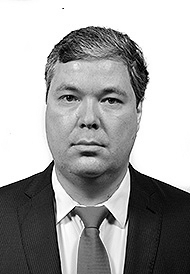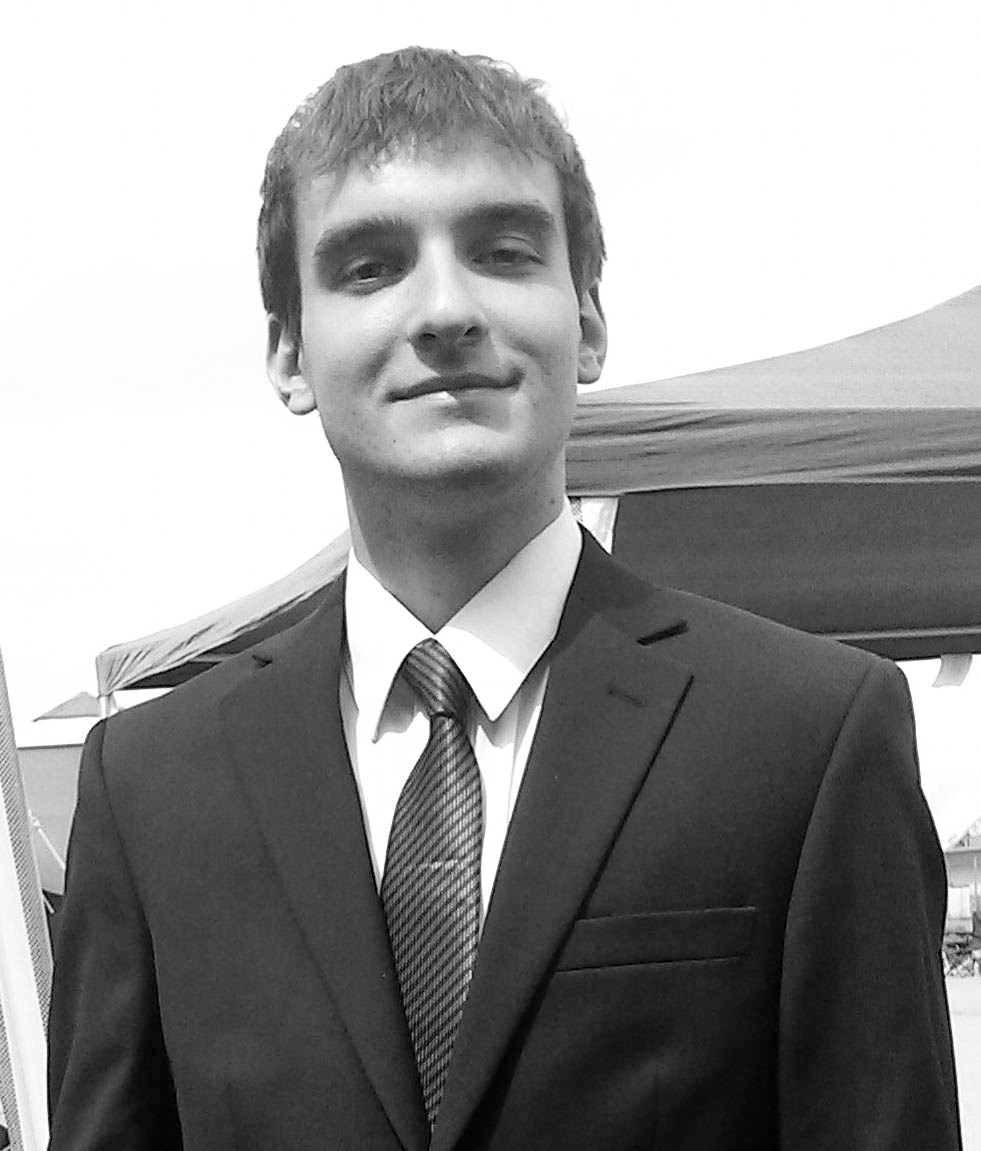We are pleased to announce two more keynote speakers for the North American ESTECO Users' Meeting 2017 (UM17): Sergio Butkewitsch Choze, Manager of Advanced Analytics & Optimization at Arconic, and Michael Bambula, the winner of the ESTECO Academy Design Competition.
 On Tuesday, 24 October at the Ford Piquette Plant in Detroit, Sergio Butkewitsch Choze, Manager of Advanced Analytics and Optimization at Arconic, will present: "New Frontiers for Multidisciplinary Systems Optimization: Design, Manufacturing and Beyond."
On Tuesday, 24 October at the Ford Piquette Plant in Detroit, Sergio Butkewitsch Choze, Manager of Advanced Analytics and Optimization at Arconic, will present: "New Frontiers for Multidisciplinary Systems Optimization: Design, Manufacturing and Beyond."
Sergio will outline how modeFRONTIER process integration, optimization and data analytics features support Arconic in developing solutions aimed at "transforming the way people fly, drive, build and power". In particular, his keynote will focus on the benefits of knowledge management, data aggregation, and data driven optimization in advanced manufacturing. The presentation will emphasize the integration of many complementary functions across the lifecycle of value-added products and systems, and offer recommendations for future development.
 Michael Bambula, Master's candidate at the University of Florida and the winner of the ESTECO Academy Design Competition 2017, will present a keyonote summarising his design proposal: "Multivariate Optimization and 1-D Simulation of a High-Performance Single Cylinder Engine for The ESTECO Academy Design Competition".
Michael Bambula, Master's candidate at the University of Florida and the winner of the ESTECO Academy Design Competition 2017, will present a keyonote summarising his design proposal: "Multivariate Optimization and 1-D Simulation of a High-Performance Single Cylinder Engine for The ESTECO Academy Design Competition".
Michael is pursuing his Masters of Science in Mechanical Engineering with a focus on Thermal Sciences and Fluid Dynamics at the University of Florida, while working in the Systems Analysis Team at Cummins Inc.
As part of the 2016/2017 ESTECO Academy Design Competition, Aprilia Racing and Gamma Technologies partnered with ESTECO to challenge students to optimize a high-speed 250 cc 4-Stroke Naturally-Aspirated Spark-Ignited Engine. In order to efficiently achieve the “optimum” configuration in a reasonable amount of time, Gamma Technologies supplied a suite of Engine Simulation tools for the competition (GT-Power, VT-Design, etc.), while ESTECO’s modeFRONTIER was used to automate the Design Exploration Process.